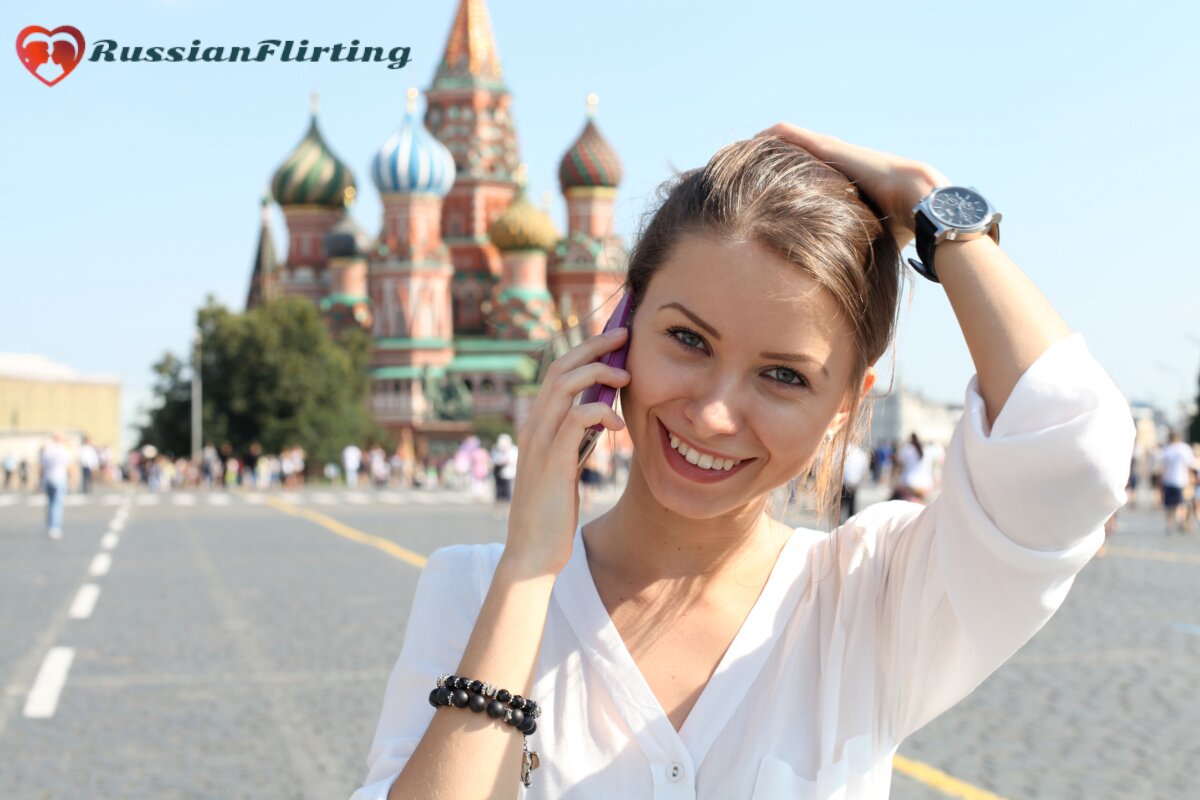How Nicknames For Couples Have Developed Within The Last Few a century
What exactly do you phone your mate? “Baby” has actually probably slipped out of your mouth once in a little while, even if you state they dislike the phrase. And “bae” is actually a mid-aughts standard. But what regards to endearment did your mother and father used in the first times of their particular romance? And think about your own grandparents and great-grandparents â exactly how performed they program their unique affection for starters another in their courtships? Let us explore exactly how couple nicknames have evolved over the past a century.
The 1900s came after the Victorian era, and the social norms of that time period intended that enchanting language often referenced marriage â as that was the sole suitable option to openly talk about romance. The 1920s turned into a little a lot more risque with assistance from flappers, aka the terrible bitches of this era. Because of the 1940s, pop music society played an important part in popularizing lovey-dovey terminology, and pop society’s influence only increased each decade. Inside the post-World War II ’50s, child dating society started initially to impact the favorite jargon throughout the day. Hippies in the sixties and 70s, acutely famous for their particular ~groovy~ way of speaking, developed their very own regards to endearment. Plus in the contemporary age, we possess the internet spreading slang about quicker than ever.
Let’s take a simple trip through time:
1. My Beloved (1900s)
Your “beloved” was your own sweetheart, the one true-love, the spouse. The word generally appeared in the really love emails between celebrated poets and spouses Elizabeth Barrett Browning and Robert Browning.

2. My Personal Intended (1900s)
It actually was common to mention to your individual you’re soon to wed as the “intended” â indicating anyone you intended to marry. In general, as a result of the intimate norms and decorum associated with the era, it had been more widespread for intimate terms of endearment to center around matrimony (“beloved” incorporated).
3. kid (1920s – Forever)
While “baby” initially emerged as a common jargon phase inside the 1920s, it is obviously an ever-present phrase of endearment in interactions. As Dr. Wendy Walsh, union expert, told Bustle , “[connections tend to be] by far the most romantic destination, in which we are conveniently allowed to become nice baby which is inside many of us. … which is a primary reason partners call both âbaby,’ by-the-way.”
4. Moll (1920s)
The 1920s was actually The Jazz Age, a time designated by flappers, illegal liquor, and speakeasies. And a “moll” was another person’s gf â specially a gangster’s gf.
5. Gentleman Caller (1940s)
Could you be acquainted The Glass Menagerie, the play about a dysfunctional Southern household authored by Tennessee Williams? If you have look over or heard of play, then you are truly acquainted the use of the phrase “gentleman person,” making reference to Laura Wingfield’s possible suitor. A gentleman caller is a guy who comes over to a woman’s house or apartment with the intention of getting to know the lady better for dating purposes. Essentially, a dude who is contemplating you will come over to get to know you so he can ask you on a date.
6. My Personal Steady (1950s)
“Going steady” is quite 1950s slang for ~getting special~. Your “regular” will be the person you are specifically internet dating, and also you happened to be most likely expected to get another person’s constant over fries and a milkshake at the neighborhood diner. Watch this well-known musical wide variety from Bye-bye Birdie , set in the 1950s, after protagonist Kim and her brand-new date, Hugo, choose to get steady.
7. My personal Old Man/My Old woman (1960s – seventies)
Hitched hippies into the 1960s and 70s frequently labeled their own partners as his or her “old lady” or “old man” â though unwed partners often used the term also.
8. Boo (1990’s)
Some linguists think that the phrase “boo” originated as a mispronunciation associated with word “beau,” French for a male passionate lover. Irrespective of its source, “boo” is actually a massive element of our very own present lexicon. From the look during the early aughts Alicia Secrets and Usher track, “My Boo,” to a coy time between Anderson Cooper and Democratic strategist Donna Brazile, “boo” is actually everywhere, and it owes its appeal to hip-hop and R&B.
9. Bae (2000s)
You may have certainly used the phrase “bae” in your life, either to explain an important various other, an unrequited really love, an attractive person, a hollywood crush, and on occasion even your chosen meals (Ã los angeles “pizza is actually bae.”) Bae is recognized as a shortened version of “babe” or “baby,” or an acronym of “Before Anybody Else.” Some argue that “bae” met the untimely death whenever corporate-owned Twitter records began hopping regarding camp within social media marketing advertising, but it is nonetheless a well known term of endearment.
Images: Vital Photos (1); Giphy (9)
Try this website: https://www.hotadulthookup.com